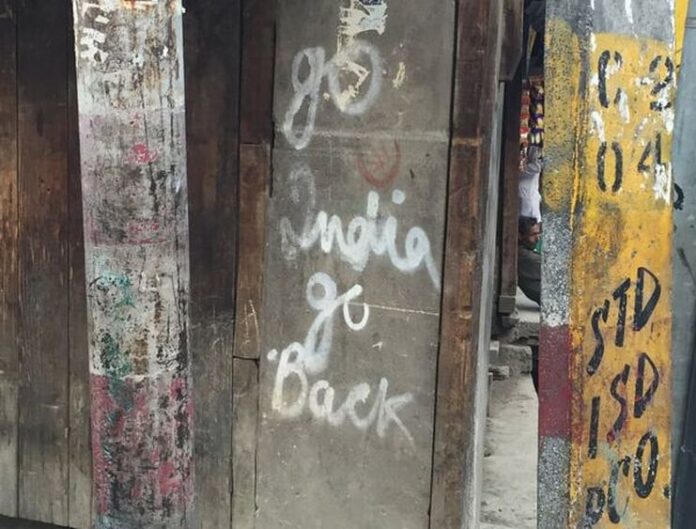Author: Ather Zia
Affiliation: University of Northern Colorado (Greeley, Colorado, USA)
Organization/Publisher: Routledge, Taylor and Francis Group (Identities)
Date/Place: April 14, 2020/UK
Type of Literature: Research Article
Number of Pages: 20
Link: https://www.tandfonline.com/doi/full/10.1080/1070289X.2020.1750199
Keywords: Kashmir, Palestine, Solidarity, Illegal Occupation, Resistance.
Brief:
The author in this article uses the comparative analysis approach for the cases of Palestine and Kashmir. Both Palestine and Kashmir have been the victims of heavy militarization, human rights violations, and illegal occupation. There is a shared sense of solidarity between the two: the British Empire created both problems, and both have been categorized as “Islamic Terrorism” by their respective occupying powers, Israel and India. Palestine and Kashmir are only separated geographically, but on historical grounds there are very small differences and more similarities, be it British colonization or subsequent illegal occupation. This paper focuses on how suffering has made them allies in solidarity. The word Intifada, which is used in Palestine for the awakening of Palestinians against the Israeli occupation, is used extensively in the jargon of Kashmir’s freedom struggle against India. Although some people argue that Kashmir is not similar to Palestine because Kashmiris weren’t displaced, the reality is that in 1947 Hindu mobs killed 200,000 to 500,000 Muslim men, women, and children and around 200,000 went missing. The author in the article writes “Kashmir thus, is increasingly going the Palestinian way.”
By: Ruby Clayton, CIGA Research Assistant




